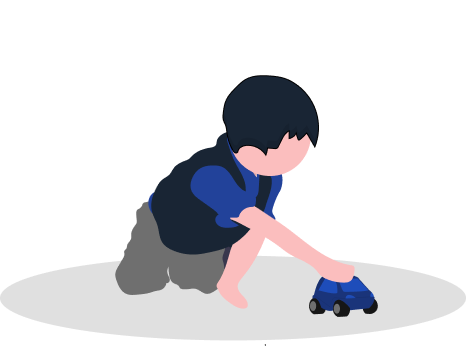You can quickly leave this website by pressing the “X” in the upper right corner or by double-clicking the Escape key. To browse this site safely, be sure to regularly clear your browser history.
How do I clear my browsing history?
This is when you are hit or pushed, not let out of your own home or allowed into it, forced to use alcohol or drugs. You are threatened with life or deliberately created situations that could pose a threat to your health and safety. Against your will, you are moved within the same state or abroad with the use of force, threats or deception.
Manifestations:
Is any of this happening to you or someone you know?
Do not delay! Call the number “102”, call the police right now!
This is when you are forced into unwanted sexual relations, touching intimate parts of your body without consent. You are forced to watch sexual acts (watch porn), etc. You are being forced to engage in prostitution.
Manifestations:
Is any of this happening to you or someone you know?
Do not delay! Call the number “102”, call the police right now!
This is when you are manipulated for your own gain. You are being systematically blackmailed, harassed and intimidated. You are constantly and completely controlled, despised as a person, criticized and ridiculed. You are threatened with taking away your children, restricted in contacts with relatives and friends. You or third parties are threatened with murder or maiming.
Manifestations:
Is any of this happening to you or someone you know?
Do not delay! Call the number “102”, call the police right now!
This is when you are forbidden to work, you are deprived of your own funds. Your personal property is damaged or broken. You are illegally restricted or deprived of access to housing. You are deprived of food and water.
Manifestations:
Is any of this happening to you or someone you know?
Do not delay! Call the number “102”, call the police right now!
Plan your escape ahead of time.
Make copies or photos of important documents (passport, identification code, birth certificates of your own and children, marriage certificate, ID, title documents, medical reference cards, etc.).
Close bank accounts in advance and secretly, deposit and hide cash for 3-5 days.
Make duplicates of keys.
Collect essential items (medicines, hygiene products, clothes, shoes, valuables, jewelry).
Keep copies of collected documents and things in a safe and accessible place for you or with people you trust.
Delete the search history on the Internet, turn off the geolocation service in the settings of your smartphone (tablet, laptop), delete the history of e-mail correspondence and chat history in instant messengers, block your own accounts in social networks.
Arrange with neighbors, friends, and loved ones about signals that you're in danger so they know when you need help.
Find a place that would become a temporary safe haven.
Remember that the abuser can be not only relatives by law, but also roommates, brides, ex-spouses, regardless of whether you live together, as well as people who are not your relatives, but are connected with you by common life.


Avoid areas where there are sharp and dangerous objects (kitchen, bathroom, garage, balcony, etc.).
Stay in rooms that are easy to leave, stay closer to the exit.
Take off any jewelry or accessories, they can be dangerous in a critical situation for your life and health.
Make sure that the weapon, if it is in the house, is locked.
Take care of the safety of children and the elderly.
Try to avoid conflict, leave the room and call the emergency number “102".
Give a danger signal to neighbors, friends or loved ones if you are not able to notify the police in person.
Contact a medical institution if you suffer bodily harm and inform the doctors in detail about the situation that has occurred.
Record all manifestations of violence: photos of bruises and abrasions, messages with threats, records of telephone conversations, medical certificates, etc.
Call the emergency number “102” and report the situation.
Inform the people you trust (neighbors, close relatives and friends) about your condition and further intentions.
Change your phone number, email address, disable geolocation settings, change your daily routine and usual travel routes.
Keep copies of important documents with you and their originals in a safe place.
Inform the time and place of the meeting to the person you trust when you plan to see the abuser, schedule the meeting in a crowded place and/or in the area of the range of CCTV cameras (in shops, entertainment establishments, near government institutions).
Remember! The main rule of a safe hiding place is SECRECY (only people you trust should know about such a place)


Make sure children know how to call the police and know when to do so.
Instruct children how and when they need to leave the house in moments of acute conflict, and where they can go (invent a secret or code word).
Teach children not to intervene in conflict, not to try to protect you and to stay as far away from the abuser as possible.
Think and, if possible, discuss with the child the circle of people you trust, agree on situations in which you need to turn to these people for help.





